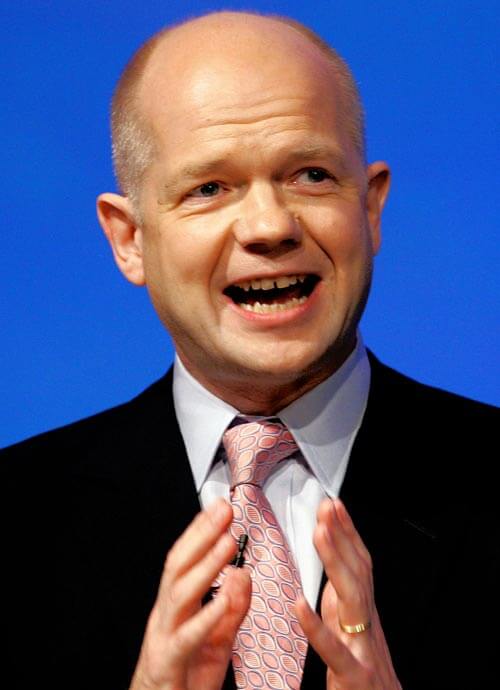Britain’s Foreign Secretary William Hague says eliminating or modifying an airfare tax is not a priority even though his government understands its implications on the Caribbean’s tourism business.
He made the comment during a brief talk with reporters ahead of a recent two-day British-Caribbean forum in Grenada.
The Caribbean has long sought to get Britain to change its 2009, which charges passengers according to how far they fly as part of efforts to curb carbon emissions.
Caribbean leaders have long complained that the tax is unfairly higher on flights to the Caribbean than those to other destinations and that it drives away visitors from the tourism-dependent islands.
Minister of State in the British Foreign and Commonwealth Office (FCO), Jeremy Brown also defended the Air Passenger Duties (APDs) tax implemented by the British government saying that it is to aid in the reduction of the country’s massive budget deficit.
Brown, who was in Trinidad recently told an audience at the Institute of International Relations, University of the West Indies (UWI), St. Augustine Campus that the current government “inherited a massive budget deficit. We inherited that deficit as a government and we are determined to balance it,” he said.
He said most people do not understand the reason for taxation adding that the British government is borrowing every single day, about US$500 million just to meet our spending obligations.
“We have to bring our budget deficit under control. That means we have a range of taxes that we would rather not have, but rather reduce,” Brown said.
In response Trinidad and Tobago Ambassador to CARICOM and former secretary general of CARICOM Dr. Edwin Carrington argued that it was not so much an unwillingness on the part of the Caribbean to pay the duties, but the system implemented “was discriminatory.”
In the system, countries are placed in bands from A to D. Caribbean countries, he said, are placed in band C, which is for people who are traveling between 4,000 to 6,000 miles away from England.
Brown noted that Trinidad and Tobago and Barbados, which are heavily reliant on tourism have made representation for a review of the APD.
He said that were Britain to abolish APD tomorrow, it still would not reduce the need for some parts of the Caribbean to look at the whole tourism experience and to make it more competitive.

















